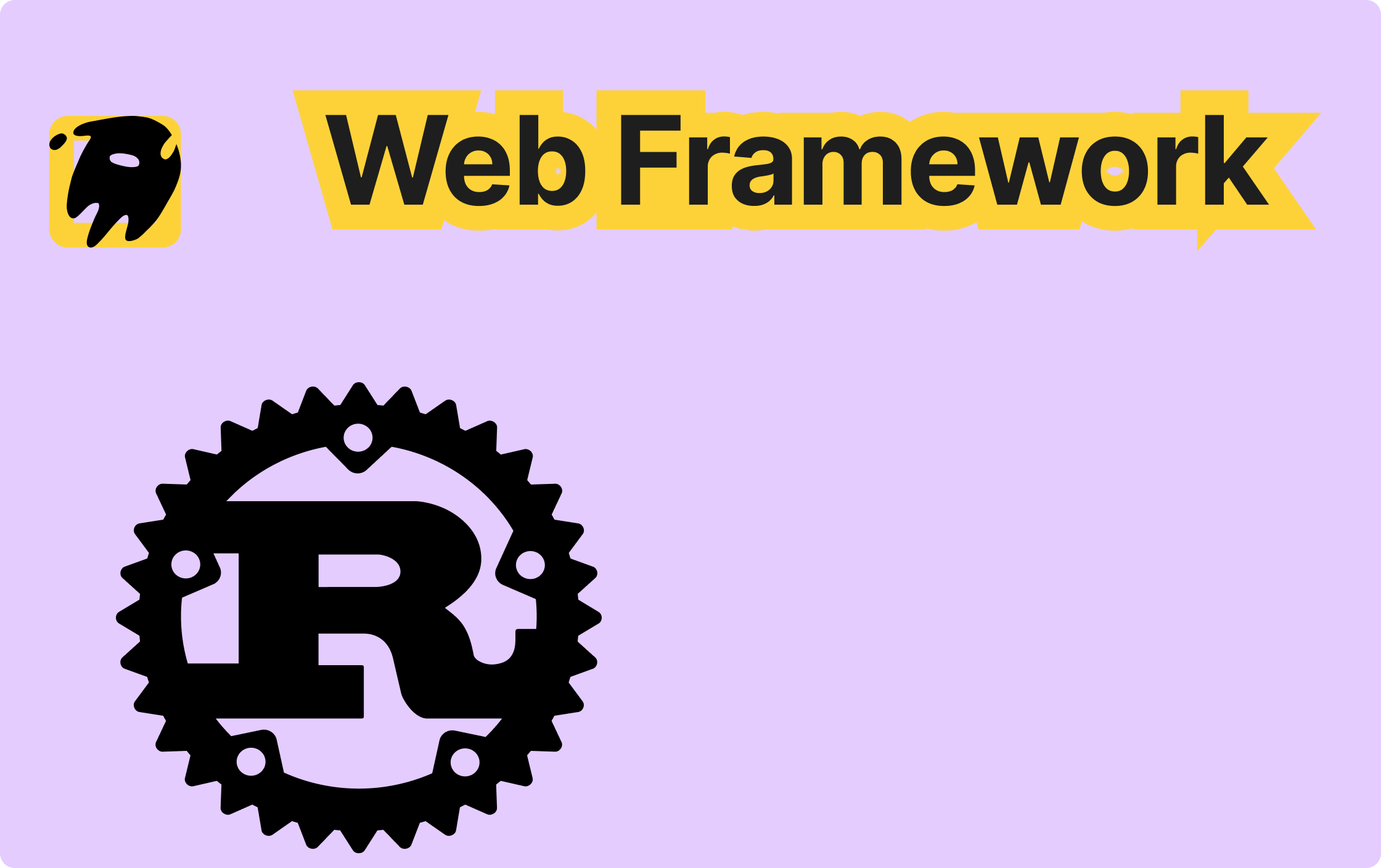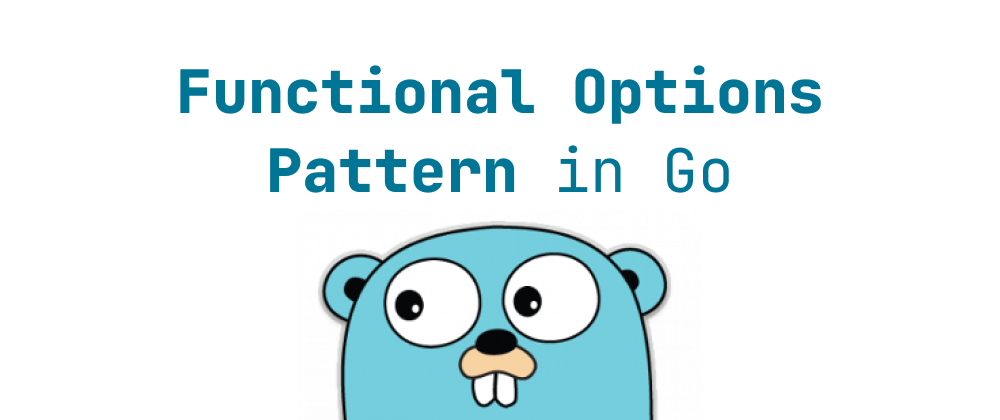Actix vs Axum vs Rocket: The Battle of Rust Web Frameworks
Min-jun Kim
Dev Intern · Leapcell

A Deep Dive into Rust Web Frameworks: A Comparative Analysis
Introduction
In the dynamic landscape of web development, Rust has emerged as a formidable language, celebrated for its memory safety, high performance, and concurrency capabilities. As the Rust ecosystem continues to expand, a diverse array of web frameworks has surfaced, each boasting unique features and trade-offs. This in-depth exploration compares some of the most popular Rust web frameworks, examining their architectures, performance traits, and ecosystem support.
Actix Web
Overview
Actix Web is a high-performance, flexible Rust web framework built atop the Actix actor framework, enabling efficient handling of asynchronous operations. It excels in both simple web applications and complex, high-traffic APIs.
Key Features
-
Asynchronous and Concurrent: Leveraging Rust's
async/awaitsyntax, Actix Web handles multiple requests concurrently without thread blocking, ensuring high throughput. Example:use actix_web::{web, App, HttpServer}; async fn get_data() -> Result<String, std::io::Error> { // Simulate an asynchronous database query std::fs::read_to_string("data.txt").await } async fn index() -> Result<String, std::io::Error> { let data = get_data().await?; Ok(data) } fn main() -> std::io::Result<()> { HttpServer::new(|| { App::new() .route("/", web::get().to(index)) }) .bind("127.0.0.1:8080")? .run() } -
Rich Middleware Support: Middleware enables cross-cutting concerns like logging, authentication, and error handling. Example of a logging middleware:
use actix_web::{middleware, web, App, HttpServer}; fn main() -> std::io::Result<()> { HttpServer::new(|| { App::new() .wrap(middleware::Logger::default()) .route("/", web::get().to(|| async { "Hello, world!" })) }) .bind("127.0.0.1:8080")? .run() } -
WebSocket Support: Built-in WebSocket capabilities via the
actix-web-actorscrate simplify real-time features (e.g., chat apps). Example:use actix_web::{web, App, HttpServer}; use actix_web_actors::ws; struct MyWsActor; impl ws::Handler for MyWsActor { type Message = String; type Result = (); fn handle(&mut self, msg: String, ctx: &mut ws::Context<Self>) -> Self::Result { ctx.text(msg) } } fn main() -> std::io::Result<()> { HttpServer::new(|| { App::new() .route("/ws", web::get().to(ws::start::<MyWsActor>)) }) .bind("127.0.0.1:8080")? .run() }
Ecosystem
Actix Web boasts a vibrant ecosystem with crates for database integration (e.g., actix-web-diesel for Diesel ORM), JWT authentication (actix-web-jwt), and more. The community provides regular updates, bug fixes, and extensive resources.
Rocket
Overview
Rocket is a popular framework praised for simplicity and type safety, aiming to streamline Rust web development while harnessing the language’s power.
Key Features
-
Type-Safe Routing: Utilizes Rust’s type system to enforce routing safety. Example with an integer parameter:
#![feature(proc_macro_hygiene, decl_macro)] #[macro_use] extern crate rocket; #[get("/user/<id>")] fn get_user(id: i32) -> String { format!("User with ID: {}", id) } fn main() { rocket::ignite() .mount("/", routes![get_user]) .launch(); } -
Fairings (Middleware-like): Add global behavior (e.g., logging, state management). Example logging fairing:
#![feature(proc_macro_hygiene, decl_macro)] #[macro_use] extern crate rocket; use rocket::fairing::{Fairing, Info, Kind}; use rocket::Request; struct LoggingFairing; #[async_trait] impl Fairing for LoggingFairing { fn info(&self) -> Info { Info { name: "Logging Fairing", kind: Kind::Request | Kind::Response, } } async fn on_request(&self, request: &mut Request<'_>) { println!("Received request: {}", request.uri()); } } #[get("/")] fn index() -> &'static str { "Hello, world!" } fn main() { rocket::ignite() .attach(LoggingFairing) .mount("/", routes![index]) .launch(); } -
Request Guards: Custom validation (e.g., authentication checks). Example:
#![feature(proc_macro_hygiene, decl_macro)] #[macro_use] extern crate rocket; use rocket::request::{self, FromRequest}; use rocket::Outcome; struct AuthenticatedUser; impl<'a, 'r> FromRequest<'a, 'r> for AuthenticatedUser { type Error = (); fn from_request(request: &'a Request<'r>) -> request::Outcome<Self, Self::Error> { if request.headers().get_one("X-Authenticated").is_some() { Outcome::Success(AuthenticatedUser) } else { Outcome::Failure((rocket::http::Status::Unauthorized, ())) } } } #[get("/protected", guards = "is_authenticated")] fn protected_route() -> &'static str { "This is a protected route" } fn is_authenticated(auth: AuthenticatedUser) -> bool { true } fn main() { rocket::ignite() .mount("/", routes![protected_route]) .launch(); }
Ecosystem
Rocket’s ecosystem grows steadily, with crates for databases (rocket-diesel), form handling (rocket-form), and more. It offers strong documentation and an active support forum.
Warp
Overview
Warp is a lightweight, modular, composable framework built on Tokio, focusing on a simple API for web development.
Key Features
-
Composable Filters: Filters serve as building blocks for routing and request handling, combining to create complex logic. Example with a parameter and header check:
use warp::Filter; fn main() { let route = warp::path("user") .and(warp::path::param::<i32>()) .and(warp::header("user-agent")) .map(|id: i32, agent: String| { format!("User ID: {}, User-Agent: {}", id, agent) }); warp::serve(route).run(([127, 0, 0, 1], 8080)).await; } -
WebSocket Support: Built-in WebSocket handling. Example echo server:
use warp::{Filter, ws::Ws}; async fn ws_handler(ws: Ws) { let (sender, receiver) = ws.split(); tokio::spawn(async move { while let Some(result) = receiver.next().await { if let Ok(msg) = result { if let Err(e) = sender.send(msg).await { println!("Error sending WebSocket message: {}", e); } } } }); } fn main() { let ws_route = warp::path("ws") .and(warp::ws()) .map(|ws| ws.on_upgrade(ws_handler)); warp::serve(ws_route).run(([127, 0, 0, 1], 8080)).await; } -
Lightweight and Fast: Minimal design and Tokio integration ensure high performance, ideal for resource-constrained environments.
Ecosystem
Warp’s ecosystem, while smaller, includes crates for async database integration (e.g., warp-sqlx) and modular utilities.
Axum
Overview
Axum is a modern, simple, and performant framework emphasizing async functionality, built on Tokio.
Key Features
-
Router-Centric Design: Intuitive routing. Example with multiple routes:
use axum::{Router, routing::get}; async fn index() -> &'static str { "Hello, world!" } async fn about() -> &'static str { "This is the about page" } fn main() { let app = Router::new() .route("/", get(index)) .route("/about", get(about)); axum::Server::bind(&([127, 0, 0, 1], 8080).into()) .serve(app.into_make_service()) .await .unwrap(); } -
Middleware Support: Add logging, authentication, etc. Example logging middleware:
use axum::{Router, routing::get, middleware::Logger}; async fn index() -> &'static str { "Hello, world!" } fn main() { let app = Router::new() .route("/", get(index)) .layer(Logger::default()); axum::Server::bind(&([127, 0, 0, 1], 8080).into()) .serve(app.into_make_service()) .await .unwrap(); } -
Async-First: Fully embraces
async/awaitfor efficient concurrent request handling, suitable for high-traffic APIs.
Ecosystem
Axum’s ecosystem is rapidly expanding, with crates for SQLx integration (axum-sqlx), form processing, and authentication. The community provides growing resources and examples.
Poem
Overview
Poem is a lightweight, minimalistic framework focusing on simplicity and efficiency, with essential web development features.
Key Features
-
Minimalistic Design: Lean core for flexible,按需功能. Example "Hello, world!":
use poem::{Route, get}; #[get("/")] async fn index() -> &'static str { "Hello, world!" } fn main() { let app = Route::new().at("/", index); poem::launch(app).await.unwrap(); } -
Middleware and Extensibility: Supports middleware for logging, authentication, etc. Example logging middleware:
use poem::{Route, get, middleware::Logger}; #[get("/")] async fn index() -> &'static str { "Hello, world!" } fn main() { let app = Route::new() .at("/", index) .layer(Logger::default()); poem::launch(app).await.unwrap(); } -
HTTP/3 Support: Experimental support for the next-gen HTTP protocol, beneficial for low-latency applications.
Ecosystem
Poem’s ecosystem is nascent but promising, with emerging crates for databases and web tasks. The community is growing steadily.
Comparative Analysis
Performance
| Framework | Traits |
|---|---|
| Actix Web | Among the fastest; async architecture handles high concurrency with low latency. |
| Rocket | Good performance, though slightly less in extreme high-load scenarios vs. Actix Web. |
| Warp | Lightweight and fast, with composable filters and minimal overhead. |
| Axum | Strong async performance, scaling well for high request volumes. |
| Poem | Fast due to minimalism, but large-scale performance depends on use case. |
Ease of Use
- Rocket: Simplest for beginners, with type-safe routing and a straightforward API.
- Axum: Intuitive router-centric design, easy for Rust newcomers.
- Actix Web: Powerful but more complex, requiring familiarity with Actix actors.
- Warp: Composable filters have a learning curve but offer flexibility.
- Poem: Easy to learn but may need external crates for complex features.
Ecosystem Support
- Actix Web: Largest and most mature, with crates for databases, auth, and more.
- Rocket: Growing steadily, with solid database and form-handling crates.
- Warp: Smaller but expanding, with async-focused utilities.
- Axum: Rapidly developing, with increasing crates for web tasks.
- Poem: Early-stage but promising, with growing community contributions.
Conclusion
Actix Web, Rocket, Warp, Axum, and Poem each offer distinct strengths: Actix Web for raw performance, Rocket for simplicity, Warp for composability, Axum for modern async design, and Poem for minimalism. The choice depends on project needs, team expertise, and trade-offs between performance, ease of use, and ecosystem maturity.
Leapcell: The Best of Serverless Web Hosting

We recommend Leapcell as the ideal platform for deploying Rust services:
- 🚀 Build with Your Favorite Language: Develop seamlessly in JavaScript, Python, Go, or Rust.
- 🌍 Deploy Unlimited Projects for Free: Pay only for usage—no hidden fees.
- ⚡ Pay-as-You-Go, No Hidden Costs: Scalable with no idle charges.

📖 Explore Our Documentation
🔹 Follow us on Twitter: @LeapcellHQ


